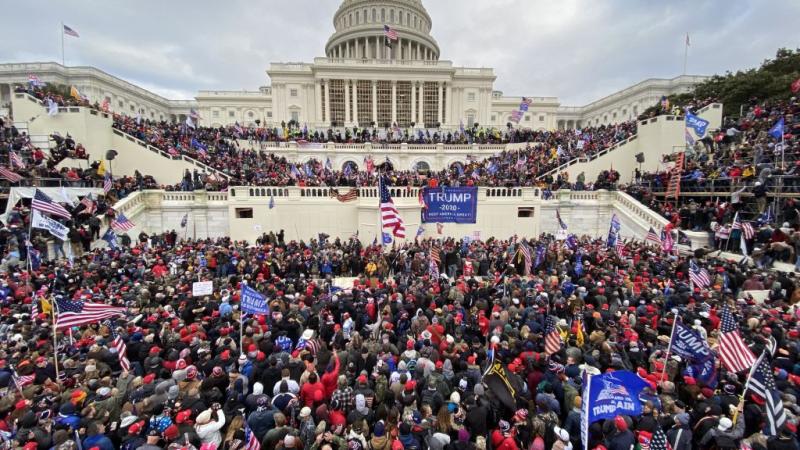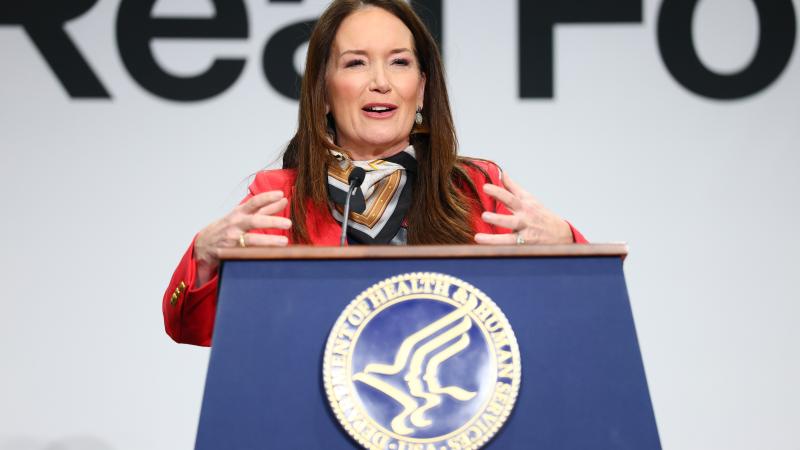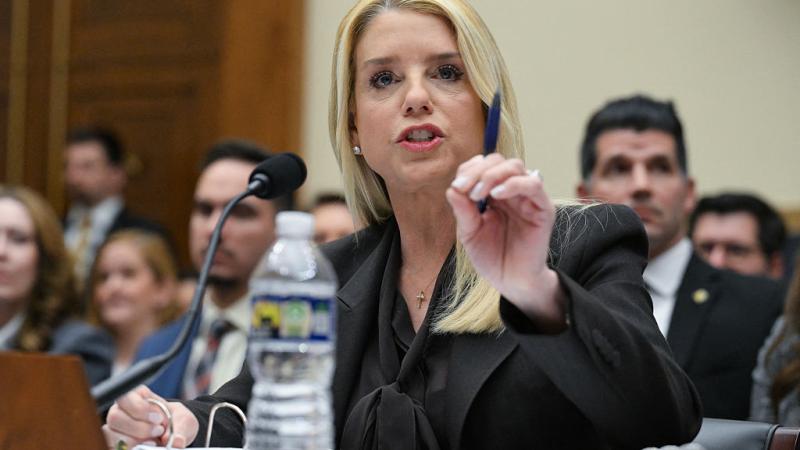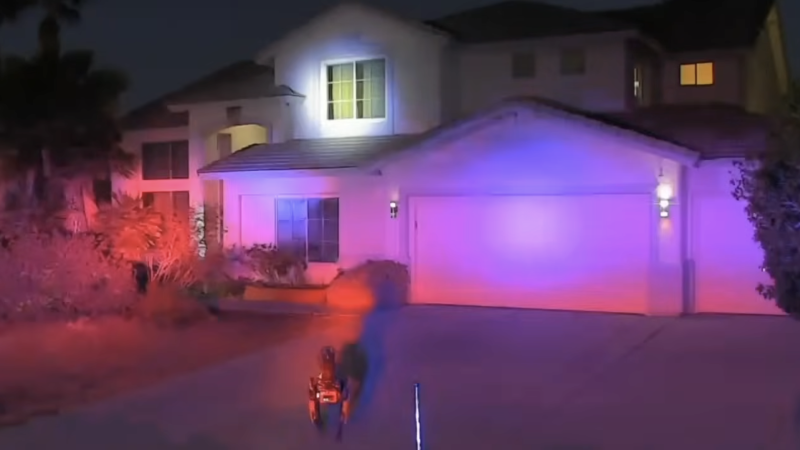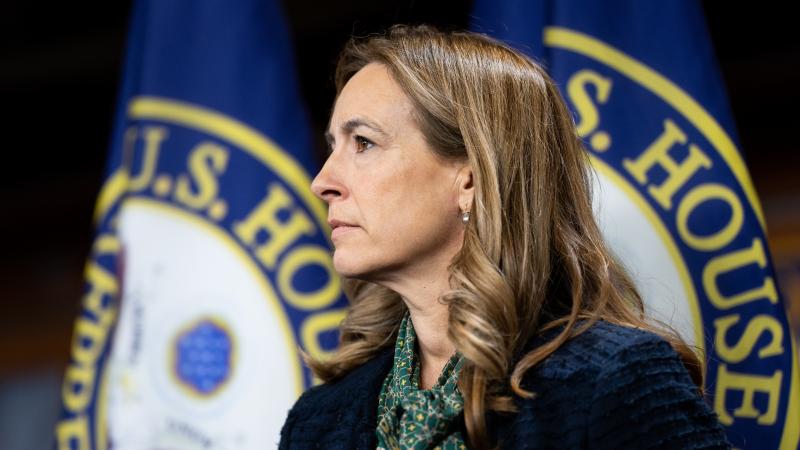Biden Title IX rule snubs SCOTUS precedent, would let colleges hide evidence
Campus sexual misconduct regulation would return to Obama approach, letting colleges out of due process requirements imposed by Trump and expanding grounds for investigation. Courts and state law would limit applicability, however.
The Biden administration took a step toward resurrecting the Obama administration's Title IX approach Thursday, proposing regulations on campus sexual misconduct proceedings and sexual harassment that would make much of Obama's agency guidance enforceable in court.
Proposed changes to the Trump administration's Title IX rulemaking, finalized nearly two years ago, include restoring a lower default evidence standard, not requiring live hearings, cross-examination or access to evidence, and letting colleges use the "single investigator" model, with which one person both investigates and decides innocence or guilt.
The move would also expand the scope of Title IX investigations by lowering the threshold under which colleges must act in response to accusations.
All would have the effect of tilting proceedings back in favor of students who allege sexual misconduct, and could face trouble in federal appeals courts that ruled against colleges for due process violations and anti-male bias that may have resulted from Obama's guidance.
One of the most well-known lawyers for accused students, Andrew Miltenberg, called the proposed rule "an enormous setback for the due process rights of all students" that will cause a spike in misconduct complaints. He recently won a highly unusual state court decision against a private university that didn't rest on Title IX or breach of contract.
Commenters will have 60 days to provide input on the 701-page proposed rule once it's published in the Federal Register. The department also published a four-page fact sheet laying out major provisions.
While the proposed rule would interpret Title IX's sex-based protections to apply to sexual orientation and gender identity, one major fight could be left for another day.
The Department of Education said it will issue a separate notice of proposed rulemaking on whether and how Title IX should address "students’ eligibility to participate on a particular male or female athletics team," referring to transgender students who identify as the opposite sex.
The administration only "appears to be punting the sports issue" because the proposed rule would redefine sex in "all applications of Title IX," even if it "also and additionally issue[s] another rule," Christiana Kiefer, senior counsel of the Alliance Defending Freedom, which opposes biological males in girls' sports, told Just the News.
After the Trump rules took effect, then-Education Secretary Betsy DeVos said Biden would have faced "hundreds" of Title IX investigations as a student under guidance that Obama tasked him with overseeing.
His nascent presidential campaign faced a hitch in 2019 when former Democratic candidate Lucy Flores accused Biden of years-ago inappropriate touching, right after his foundation cohosted the "Biden Courage Awards" with an initiative that grew out of a White House campaign against campus sexual assault.
An analysis of Title IX policies by the Foundation for Individual Rights and Expression (FIRE), which largely supported the Trump regulations, found fewer colleges charged accused students in the wake of the regulations.
The proposed revision would flip the Trump approach to evidence, which lets colleges use the higher "clear and convincing" standard for sexual misconduct proceedings while retaining "preponderance" --sometimes called "50 percent plus a feather" -- for less serious accusations.
Colleges would have to use preponderance, as the Obama guidance required, unless they also use clear-and-convincing for "all other comparable proceedings, including other discrimination complaints," according to the fact sheet.
Without live hearings or cross-examination, colleges would still have to offer "a process for a decision-maker to assess the credibility of parties and witnesses through live questions by the decision-maker," it says.
The proposed rule acknowledges colleges may be required to provide more due process based on state law or their jurisdiction's legal precedents, mentioning 6th U.S. Circuit Court of Appeals rulings but not Kentucky's new bipartisan due process law.
It would require sexual harassment investigations regardless of whether a formal complaint was filed or the "unwelcome sex-based conduct" prevented a student from participating in an education program. "Limiting" a student's participation is enough.
While the revisions would not fully restore the Obama administration's "blueprint" that defined sexual harassment as “unwelcome conduct of a sexual nature," the Department of Education would once more give its "blessing" to colleges to violate free speech and due process, FIRE Legislative and Policy Director Joe Cohn told Just the News.
The proposal has "obvious contradictions" with federal court rulings on due process and tells colleges they must use a higher evidence standard in "open beer cases" if they want to protect the rights of students accused of much worse violations, he said.
Cohn said the feds misrepresented the Supreme Court's Davis ruling on student-on-student sexual harassment, which formed the basis of the Trump rules, to justify using an "approximation" of an employment harassment standard.
Davis said schools could be held liable when "harassment is so severe, pervasive, and objectively offensive" that it functionally "deprive[s]" students of access to education. The proposed rule uses two either/or standards -- "severe or pervasive" harassment that "denies or limits" access.
The feds justified bringing back the single-investigator model, which has faced skepticism from judges, by saying it could prompt more accusers to come forward and citing studies that found "questions asked in individual meetings … are more likely to produce the truth than adversarial methods like cross-examination."
The revisions incentivize schools to use the single-investigator model, where the parties can't hear testimony directly, by only requiring transcripts and audio recordings in live hearings, according to Brooklyn College historian KC Johnson, who has chronicled Title IX litigation going back to the Duke lacrosse scandal.
He noted the proposed rule only requires colleges to give the parties "descriptions of the relevant evidence … orally or in writing," not the evidence itself, as the Trump regulation requires.
"Without separation of the judge and jury roles, the proposed process risks increased prejudicial outcomes," Title IX consultant Marybeth Sydor wrote in a tweet. By not requiring live hearings or access to evidence itself, "Title IX due process protections have been eroded significantly."
The Facts Inside Our Reporter's Notebook
Links
- Trump administration's Title IX rulemaking
- ruled against colleges
- due process violations
- anti-male bias
- highly unusual state court decision
- 701-page proposed rule
- four-page fact sheet
- Title IX's sex-based protections to apply to sexual orientation and gender identity
- would have faced "hundreds" of Title IX investigations
- Lucy Flores accused Biden of years-ago inappropriate touching
- White House campaign against campus sexual assault
- fewer colleges railroaded accused students
- "50 percent plus a feather"
- 6th U.S. Circuit Court of Appeals
- Kentucky's new bipartisan due process law
- Obama administration's "blueprint"
- Supreme Court's Davis ruling
- Brooklyn College historian KC Johnson
- Duke lacrosse scandal
- Title IX lawyer Marybeth Sydor

